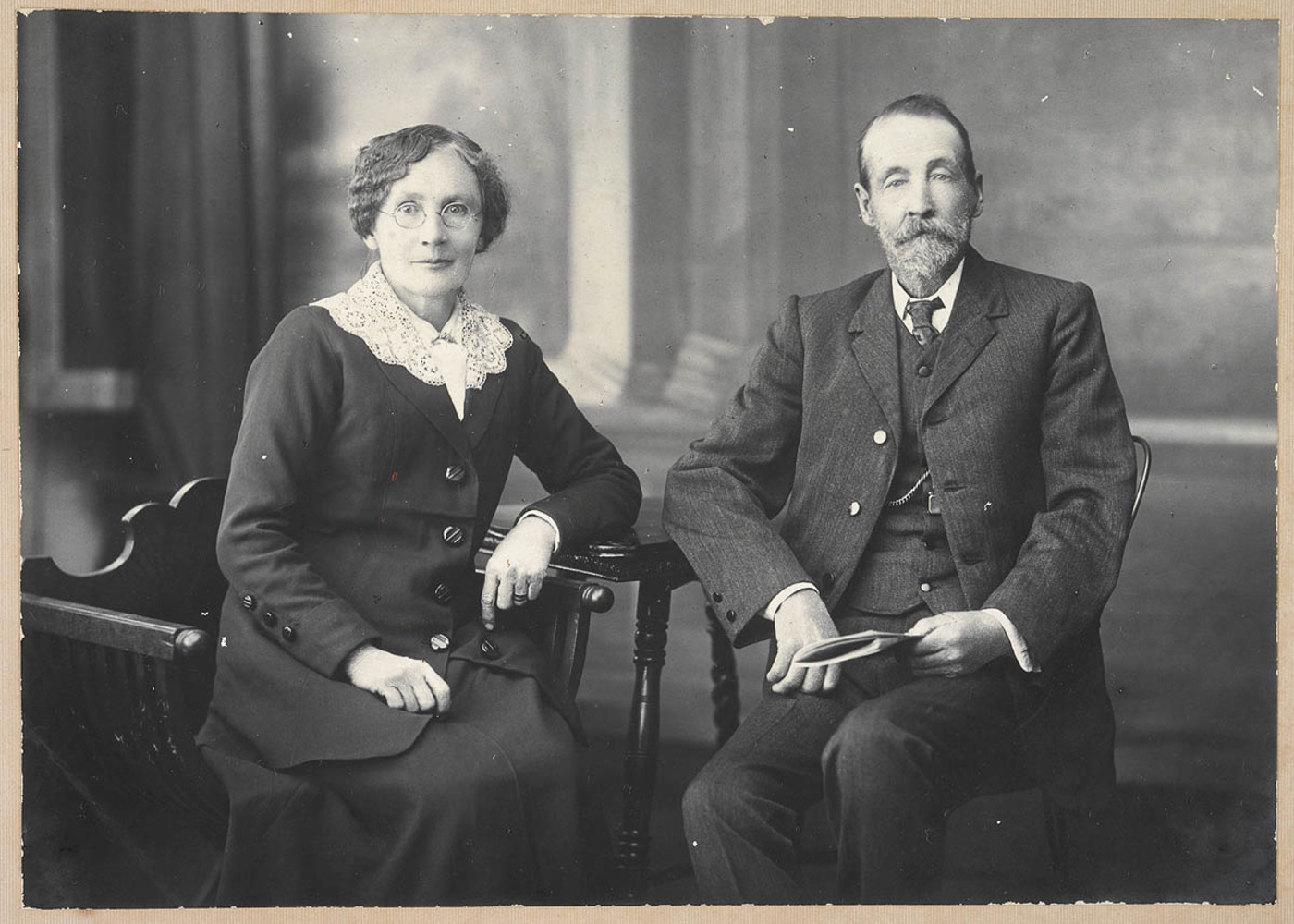|
My Brilliant Career
''My Brilliant Career'' is a 1901 novel written by Miles Franklin. It is the first of many novels by Stella Maria Sarah Miles Franklin (1879–1954), one of the major Australian writers of her time. It was written while she was still a teenager, as a romance to amuse her friends. Franklin submitted the manuscript to Henry Lawson who contributed a preface and took it to his own publishers in Edinburgh. The popularity of the novel in Australia and the perceived closeness of many of the characters to her own family and circumstances as small farmers in New South Wales near Goulburn caused Franklin a great deal of distress and led her to withdrawing the novel from publication until after her death. Shortly after the publication of ''My Brilliant Career'', Franklin wrote a sequel, ''My Career Goes Bung,'' which would not be published until 1946. Plot summary The heroine, Sybylla Melvyn, is an imaginative, headstrong girl growing up in rural Australia in the 1890s. Drought and a serie ... [...More Info...] [...Related Items...] OR: [Wikipedia] [Google] [Baidu] |
Miles Franklin
Stella Maria Sarah Miles Franklin (14 October 187919 September 1954), known as Miles Franklin, was an Australian writer and feminist who is best known for her novel ''My Brilliant Career'', published by Blackwoods of Edinburgh in 1901. While she wrote throughout her life, her other major literary success, ''All That Swagger'', was not published until 1936. She was committed to the development of a uniquely Australian form of literature, and she actively pursued this goal by supporting writers, literary journals, and writers' organisations. She has had a long-lasting impact on Australian literary life through her endowment of a major annual prize for literature about "Australian Life in any of its phases", the Miles Franklin Award. Her impact was further recognised in 2013 with the creation of the Stella Prize, awarded annually for the best work of literature by an Australian woman. Life and career Franklin was born at Talbingo, New South Wales, and grew up in the Brindabella ... [...More Info...] [...Related Items...] OR: [Wikipedia] [Google] [Baidu] |
Judy Davis
Judith Davis (born 23 April 1955) is an Australian actress in film, television, and on stage. With a career spanning over 40 years, she has been commended for her versatility and regarded as one of the finest actresses of her generation. Frequent collaborator Woody Allen described her as, "one of the most exciting actresses in the world". She is the most awarded recipient for the AACTA Award with nine accolades and has received numerous accolades, including three Primetime Emmy Awards, two British Academy Film Awards, and two Golden Globe Awards, and two nominations for Academy Awards. Davis is a 1977 graduate of the National Institute of Dramatic Art, where she starred opposite Mel Gibson in ''Romeo and Juliet''. Most of Davis's stage work has been in Australia, including ''Visions'' (1979), '' Piaf'' (1980), ''Miss Julie'' (1983), ''King Lear'' (1984), ''Hedda Gabler'' (1986), ''Victory'' (2004) and ''The Seagull'' (2011), but she also starred in the 1982 London production of ... [...More Info...] [...Related Items...] OR: [Wikipedia] [Google] [Baidu] |
William Blackwood Books
William is a masculine given name of Norman French origin.Hanks, Hardcastle and Hodges, ''Oxford Dictionary of First Names'', Oxford University Press, 2nd edition, , p. 276. It became very popular in the English language after the Norman conquest of England in 1066,All Things William"Meaning & Origin of the Name"/ref> and remained so throughout the Middle Ages and into the modern era. It is sometimes abbreviated "Wm." Shortened familiar versions in English include Will, Wills, Willy, Willie, Liam, Bill, and Billy. A common Irish form is Liam. Scottish diminutives include Wull, Willie or Wullie (as in Oor Wullie or the play ''Douglas''). Female forms are Willa, Willemina, Wilma and Wilhelmina. Etymology William is related to the German given name ''Wilhelm''. Both ultimately descend from Proto-Germanic ''*Wiljahelmaz'', with a direct cognate also in the Old Norse name ''Vilhjalmr'' and a West Germanic borrowing into Medieval Latin ''Willelmus''. The Proto-Germanic name is a ... [...More Info...] [...Related Items...] OR: [Wikipedia] [Google] [Baidu] |
.jpg)
